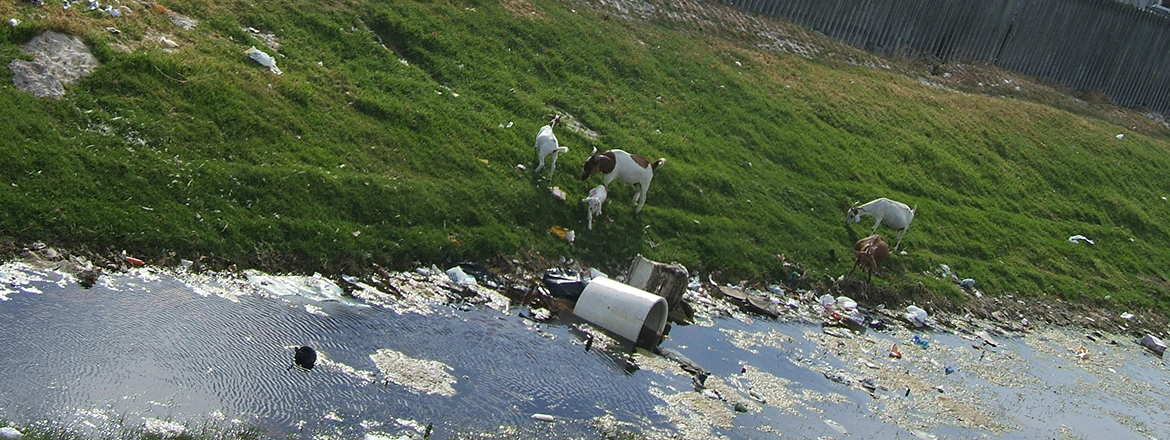LaDawn Haglund and Rimjhim Aggarwal’s National Science Foundation, Law and Social Sciences Division-funded research – “Comparative cross‐national analysis of implementation of natural resource rights” – examines efforts to fulfill human rights obligations and promote sustainability in water and sanitation sectors of three rapidly urbanizing areas of the Global South: São Paulo, Brazil; Delhi, India; and Johannesburg, South Africa.
This international, inter-disciplinary workshop, “Law and Urban Water Governance: Cross-Country Dialogues on Human Rights and Sustainability Challenges,” to be be held October 13-15, 2016 at Arizona State University, was conceived in part as a forum for sharing the results of this research. A corresponding objective was to invite select interlocutors from the legal, policy, academic, and advocacy communities to engage in cross-national comparison, empirical integration, and theoretical synthesis across these largely separate realms, with an eye toward future collaborative projects that can inform and improve current policies and practices.
The cities we have researched all confront challenges in adjudicating among multiple and often conflicting goals and principles that underlie water governance — from municipal allocation and provision to environmental protection to energy and agricultural uses. Courts are becoming important sites for resolving conflicts over multiple principles, particularly in megacities, where structural inequality, rapid urbanization, and climate change converge in recurring patterns of crisis. As citizens and advocates increasingly turn to the legal realm to address what are historically public policy questions, evaluation of law as a mechanism for social transformation–alone or in conjunction with non-legal mechanisms–becomes increasingly important. This is what our study has sought to achieve.
For this workshop, we seek to provide a unique collaborative space in which heretofore disparate groups – scholars, professionals, advocates and activists – can work together to define both key questions and a research agenda to grapple with the challenges of urban water governance.



